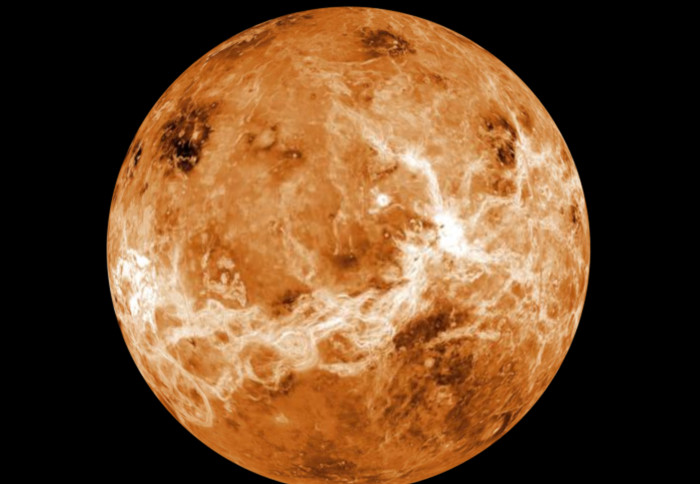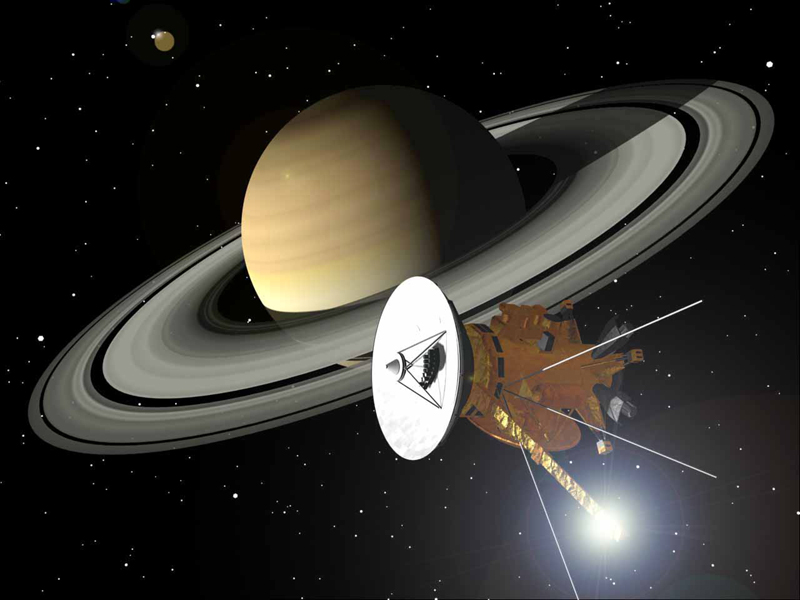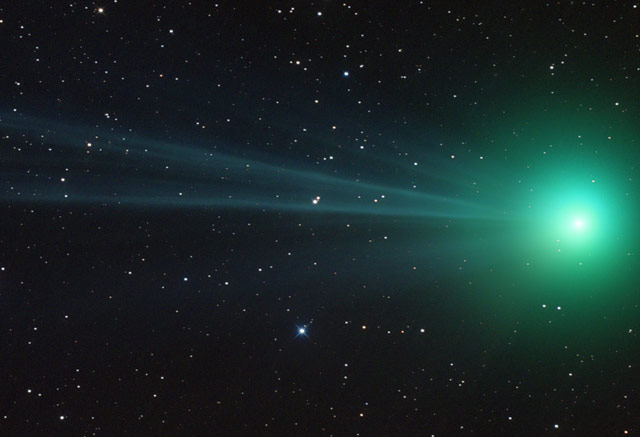Hi everybody
Here's the latest article from the Astronomy site at BellaOnline.com.
Camelopardalis the Giraffe
What do you know about the celestial giraffe Camelopardalis? Probably not much. It has no bright stars. Since it was invented long after the ancient Greeks, it has no folklore. But it has a runaway star, a supernova discovered by a child, and a galaxy from when the Universe was just a toddler.
http://www.bellaonline.com/articles/art302515.asp
February 20, 1962: John Glenn became the first American to orbit the Earth. He made three orbits of the Earth in his space capsule Friendship 7. It involved five hours strapped firmly in place in a large tin can. A brave man.
February 22, 2006: the discovery by the Hubble Space Telescope of two new moons of Pluto was announced. The two little moons P1 and P2 were later named Hydra and Nix. Hydra is the 9-headed serpent that battled Hercules. Nix is the mother of Charon the ferryman and goddess of the night.
February 23, 1987: supernova SN1987A occurred. It was the first supernova visible to the unaided eye - though only in the southern hemisphere - in nearly four hundred years. It occurred in the Large Magellanic Cloud, a satellite galaxy of our Milky Way.
February 23, 1945: Svetlana I. Gerasimenko was born. Along with fellow Ukrainian Klim Churyumov, director of the Kiev Planetarium, she discovered Rosetta's comet. So if you'ever wondered how Comet 67P/Churyumov–Gerasimenko got its name, now you know!
February 24, 1968: the discovery of the first pulsar was announced. A pulsar is a rotating neutron star that emits pulses of radiation. A neutron star is what's left of most massive stars after a supernova explosion. At that time it was still highly theoretical as no one had previously discovered a neutron star. The discoverer was graduate student Jocelyn Bell. Her supervisor Anthony Hewish received a Nobel Prize for work in radio astronomy and it was noted that he had played a "decisive role in the discovery of pulsars"
Please visit http://astronomy.bellaonline.com/Site.asp for even more great content about Astronomy.
I hope to hear from you sometime soon, either in the forum http://forums.bellaonline.com/ubbthreads.php/forums/323/1/Astronomy or in response to this email message. I welcome your feedback!
Do pass this message along to family and friends who might also be interested. Remember it's free and without obligation.
I wish you clear skies.
Mona Evans, Astronomy Editor
One of hundreds of sites on BellaOnline
astronomy Newsletter








